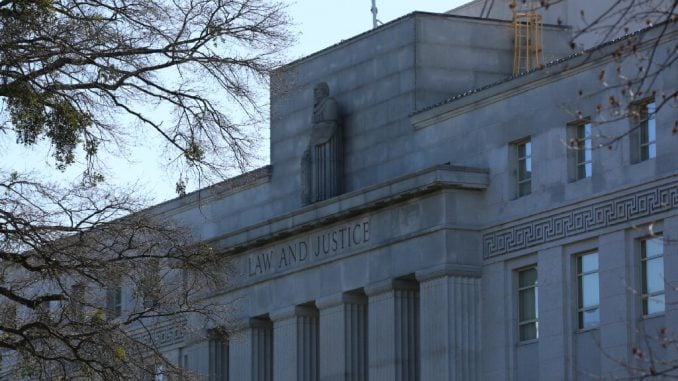
There are four methods of selecting judges in use in the United States: partisan elections, nonpartisan elections, political appointment and appointment by a technocratic commission (sometimes called the “Missouri Plan” and often dominated by the bar). As we know by its adoption by the founding generation, the oldest of these systems is political appointment. It was the best method then, and it is the best method today.
This essay will not revisit the theoretical considerations that led the founding generation to select judges by political appointment. Instead, it will answer an empirical question: Given the qualities that commentators have identified as part of a good judicial system, which method of selection maximizes those qualities? As I show, political appointment is hard to beat.
What are these qualities? Over the years, commentators have listed several:
- Independence: Judges should follow the law even when the public won’t like it. This is especially important when the law is clear. By contrast, in ambiguous cases, we may want judges to follow the preferences of the public or policymakers (see below).
- Accountability: The public should be able to stop judges from misbehaving, including, perhaps, issuing decisions they believe are erroneous.
- Competence: Judges should have technical legal expertise.
- Integrity: Judges should be free from external corruption and should not use the office for personal gain.
- Legitimacy: Judicial decisions should command respect and acceptance by the public.
- Diversity: There should be racial, ethnic, gender and other demographic diversity on the bench.
- Viewpoint representativeness: Judges should share the policy preferences of the public. This is important if you believe that judges consciously or subconsciously resolve ambiguities in the law consistently with their own world views.
What does the data say about these qualities?
First, independence and accountability have little to do with the method of selecting judges. They have more to do with the method of retaining judges. Life tenure maximizes independence and minimizes accountability. Re-election or reappointment maximizes accountability and minimizes independence. How you retain judges has no necessary connection to how you select them.
Second, there is no good evidence that any method of selection produces more competent judges than any other. This is a surprising result, but scholars have looked at it every which way we know how.
Third, there is no good evidence that any system produces more racial or gender diversity than the others. Some studies say one thing, other studies say the opposite. Nothing can be concluded.
Fourth, there is a bit of evidence that elections fare the worst on integrity. Elected judges are sanctioned more often by judicial disciplinary bodies. The studies on this are not very numerous or compelling, but I will count them as a slight plus for commission and political appointment systems.
Fifth, there is fairly strong evidence that elections fare worse on legitimacy than the other systems do. This is because of campaign contributions. When scholars ask the public what they think about judges sitting on cases where one of the lawyers or one of the litigants gave the judge money, the public does not trust the judge’s decision. The same reaction has been found when the judge benefited from independent expenditures from one of the lawyers or one of the litigants. I do not think you can run an election without campaign contributions or the right to make independent expenditures. This is another plus — a bigger plus — for the commission and political appointment systems.
If you have been keeping track, there is a tie thus far between commissions and political appointments. The first two criteria were irrelevant; the next two were a wash. The fifth was a small plus for commissions and political appointments. The sixth was a large plus for them.
To decide between these two systems, it comes down to the last factor: viewpoint representativeness. There is emerging evidence that shows that the views of judges selected by commission systems are further away from the public’s views in their states than those of judges selected by political appointment. Why would this be the case? The leading hypothesis is that, because the lawyer population is so much more liberal than the general population, if the lawyer population is not screened for ideology during judicial selection, then the population of judges will look more like the population of lawyers than the general population. The commission system (and, the studies show, nonpartisan elections) do not screen as well for ideology as political appointment (and partisan elections) — or, even worse, reinforces the existing leftward bias in the lawyer population by asking the bar itself to do the screening. These studies break the tie: political appointment wins.
All this goes to say that sometimes the best answers are the ones that have been staring us in the face all along. Political appointment of judges is one of them.
Brian Fitzpatrick is a professor at Vanderbilt Law School.



